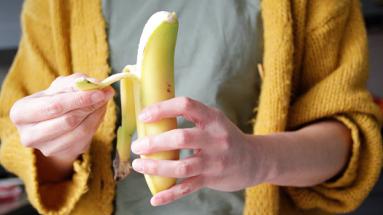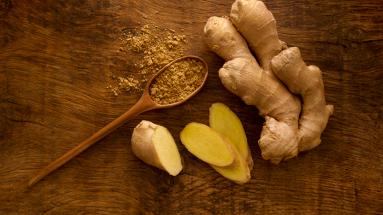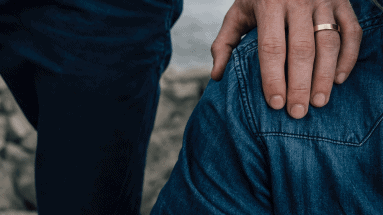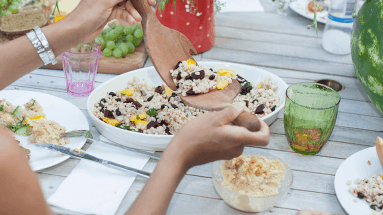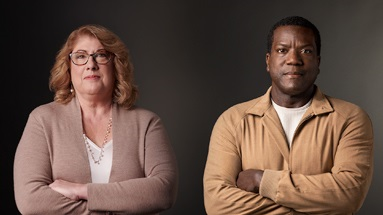Six healthy habits of people who have aged well
Six healthy habits of people who have aged well

By Kate Silver
Aging, so frequently, feels like something that happens to you. But there are choices you can make that may allow you to control aspects of how you age, says Mia Finkelston, MD, and it’s never too soon—or too late—to make healthy choices.
“The best way to prevent disease is by working on it ahead of time,” says Finkelston, a family physician who treats patients via the telehealth app LiveHealth Online. From taking care of your skin to challenging your brain, Finkelston shared six common habits of people who age well:
- They know their family history. If you know your health risks, you can take the proper preventive steps. “Talk to your family—really talk to them,” says Finkelston. Find out what diseases they’ve had, both mentally and physically. Share that information with your physician and ask if there are things you should be doing to help keep you healthy.
- They take care of their skin. Wearing sunscreen should be a priority at any age, saysFinkelston, any time you go outside (the Centers for Disease Control and Prevention suggests using at least SPF 15). “Burnt skin not only ages quicker, but rates of skin cancer, the biggest organ in your body, is higher later in life,” she says. She adds that there are also certain foods that people should minimize in their diet because they may be inflammatory and have an impact on the appearance and health of the skin. She tells her patients that if they eat sugary treats and foods, such as processed meat and chips, to consume them in moderation.
- They eat their vegetables. Mom told you to eat more of them—did you listen? Finkelston says that learning to love vegetables can make a difference in how you age. “We've found that a lot of the vitamins and minerals that may help prevent the brain from aging and dementia are in green leafy vegetables,” she explains. Many of us grew up with boiled or steamed vegetables and developed a healthy skepticism of things like Brussels sprouts. If that’s true for you, Finkelston suggests experimenting with different methods of preparation. “I wish when I was younger my mom roasted veggies because you can make anything taste good,” she says.
- They prioritize protein. While much attention is given to the loss of bone as we age (aka osteoporosis), Finkelston says that we also need to think about muscle loss, which is called sarcopenia. She believes by eating more protein you may be able to help keep your muscles strong, which in turn keeps your skin from looking “flabby.” While exercise is important, Finkelston says it’s not enough. “You also need the building blocks, and protein is a building block for muscle mass.” She notes that things like beef (aim for lean), fish and chicken are high in protein and so are nuts and cheeses (opt for lower fat options, such as part-skim milk and low-moisture mozzarella cheese).
- They make it a habit to be active. Exercising regularly helps with balance and movement. Finkelston tells her patients that as they get older, their workout goals don’t have to be overly ambitious. “It’s not about ‘can I run six to 10 miles on a daily basis,’” she says. Rather, she encourages them to do regular activities that will help them to be flexible, like yoga and tai chi, so that they can continue to be active, independent and maintain their quality of life.
- They mix up their routines and challenge themselves—and their brains. It’s easy to get into a rut. And when you do, it can get boring for your brain, says Finkelston. She explains that varying even the smallest day-to-day duties, like taking a different route to work or brushing your teeth using your nondominant hand, can help challenge your brain, and that may help ward off dementia. “I think people really don’t understand the benefit of changing up the sameness of our routine and how that can help us both physically and mentally,” she says.
To Finkelston, it’s important to remember as you age that the choices you make every day could have a profound and lasting impact. “You control what goes in your body, you control what you eat, you control your sleep habits, you control your exercise habits,” she says. Whether you’re 17 or 74, the decisions you make and the habits you form today may make a difference tomorrow.
The information contained within this article is based upon the knowledge and opinions of the author and experts.









